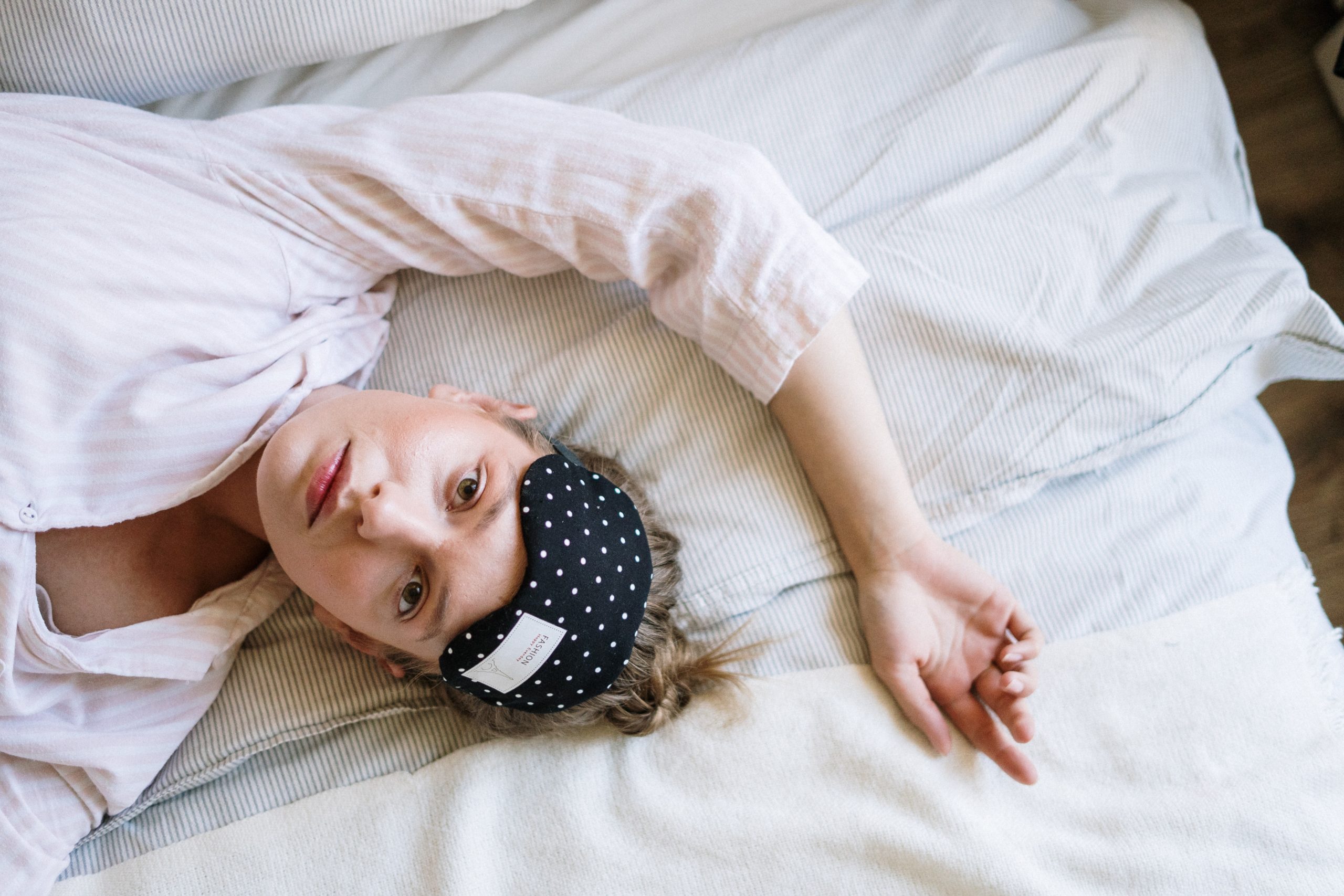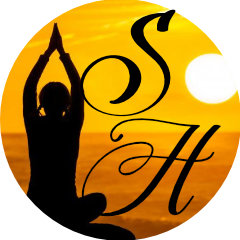
Insomnia may be temporary or chronic and is quite a common problem.
How much sleep a person requires does depend on the individual. Seven and a half hours is average; some people need nine to ten while others survive and do well on less.
Most everyone at some time or another has the occasional sleepless night. They toss and turn and cannot fall asleep no matter how hard they try. This is usually due to heartburn, drinking too much caffeine or alcohol, or it could be due to stress.
When people are diagnosed with chronic insomnia they usually have problems not only falling asleep but maintaining sleep. They experience problems sleeping on a frequent basis for which there is no apparent reason and never get sufficient sleep to restore their bodies and energy.
Energy levels and mood swings are not the only problems that insomnia can cause. Since sleep helps to bolster the immune system, one’s health will suffer also. When lack of sleep is caused by insomnia it leads to fatigue, lack of concentration, and mental alertness which is the major cause of accidents both on the job and on roads.
Insomnia may be temporary or chronic and is quite a common problem. At least one person in four has difficulty sleeping occasionally and as many as one in ten has chronic insomnia.
Signs and Symptoms
- Difficulty falling to sleep
- Waking up during the night
- Waking up early
- Daytime fatigue
- Daytime sleepiness
Causes of Insomnia
- Depression. Due to a chemical imbalance, it is hard to relax enough to fall asleep.
- Stress and concerns about work, home, and family; the mind is too active.
- Stimulants in prescriptions that may have ingredients that can interfere with sleep
- Changes to work schedules by working the late or early shift, or the time changes due to travel can disrupt your body’s rhythms and internal clock
- Pain caused by medical conditions such as arthritis and other similar chronic diseases.
- Behavioral insomnia occurs when people worry or try too hard to fall asleep.
The four stages of sleep
- Transitional Sleep } Non-rapid eye movement
- Light Sleep } (NREM) sleep
- Deep Sleep } Most restful kind of sleep
- Deep Sleep } Deep (delta) sleep
Sleep pattern changes:
As one ages sleep becomes less restful and we spend more time in stages one and two and less in deep sleep as found in stages three and four. This means sleep is much lighter and one is much more likely to wake up early in the morning. We are also less physically and socially active. This allows for more free time in which we drink more coffee or alcohol and take naps during the day. This all affects our sleep at night.
Screening and diagnosis:
Insomnia can be difficult to diagnose; your doctor may have you complete a questionnaire to determine your wake and sleep patterns along with your daytime sleeplessness. It may also be necessary to spend a night at a sleep disorder clinic where during the night you are hooked up to a monitor where polysomnography records the following during the night:
- Brainwaves.
- Breathing.
- Heartbeat.
- Eye movement.
- Body movements.
If you’ve been diagnosed with insomnia or are seeking relief from your symptoms, consider booking an appointment for acupuncture treatment. Regular acupuncture has been long used as an alternative therapy for insomnia, with some studies even alluding to its higher efficacy when compared to drug treatments.
